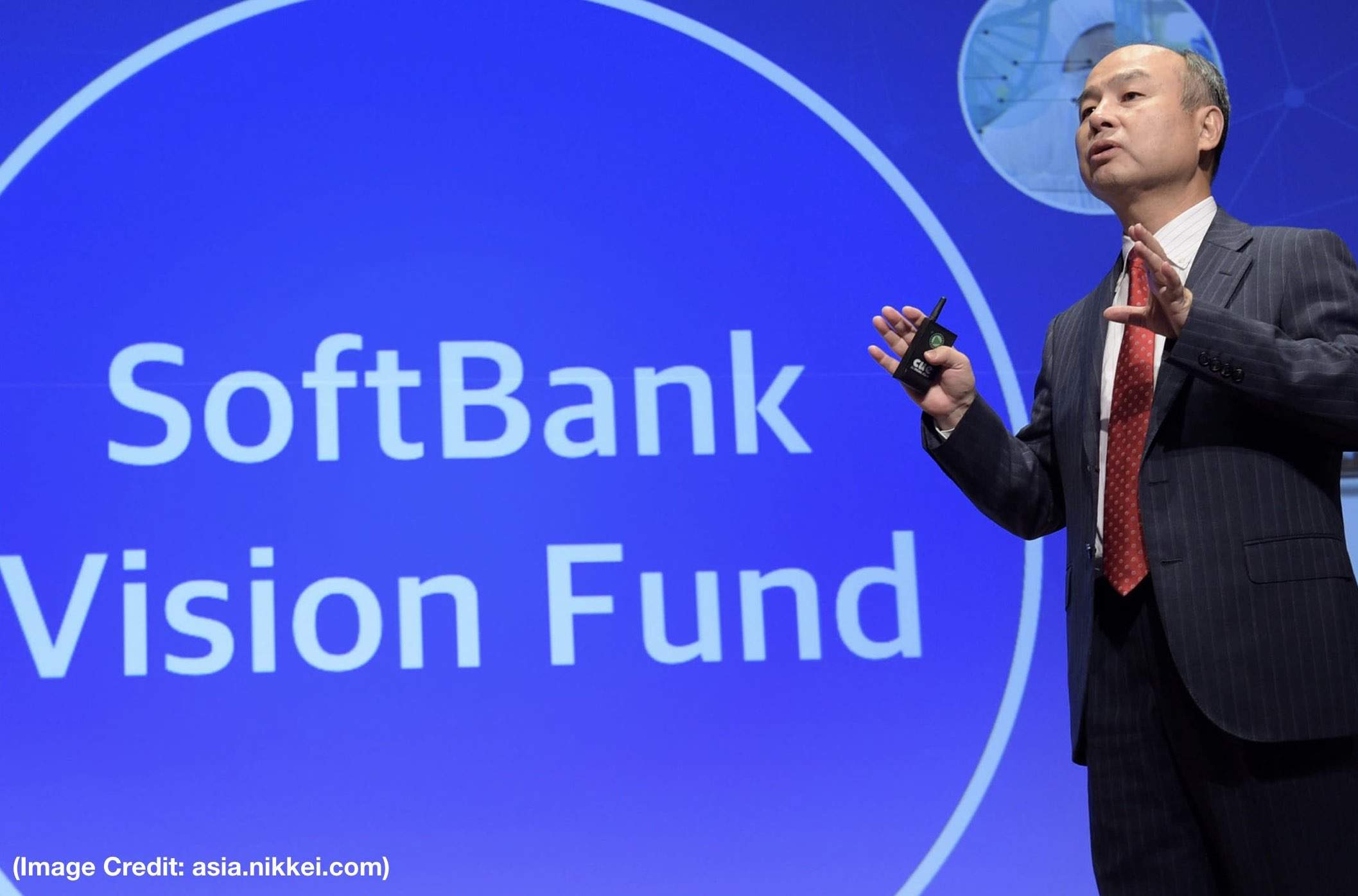Masayoshi Son recently commented that, if Steve Jobs brought to Apple an understanding of technology and art, his unique selling point is bringing technology and finance together.
The announcement of Softbank’s US$ 100 billion Vision Fund was possibly the most momentous milestone in the history of the vibrant global VC industry, both due to its unprecedented size as well as high-profiled investments that were to follow. Mr. Son and his team were about to embark across uncharted waters, with enough committed capital to create considerable change for tech and innovation companies seeking later stage funding.
As the media hype settles around the emergence of a seeming one-horse race at the top of a traditionally crowded industry, the world waits to see how this will affect the investment landscape. Will giants like Softbank create a vacuum at the top by taking the crème de la crème of opportunities resulting in their competitors feeling the brunt of their dominance? What are the implications of such large amounts of capital available for startups that tick all the boxes? SPECTRUM takes a look at the mega fund phenomenon and its implications:
A trickle-down effect
Large players in the VC space have begun to respond to Softbank’s Vision Fund realising the need for more capital to compete with the world’s largest technology oriented fund. Sequoia Capital, for example is on the way to raising US$ 8 Billion towards its new growth fund (the previous one closed with US$ 2 BN commitments). General Catalyst has also begun fundraising, with a funding round surpassing US$ 1.3 billion. The list goes on.
“This is only the beginning of the mega fund phenomenon. We should expect to see big players like Alibaba and Tencent starting to pour more money into their own funds too. There will definitely be a trickle-down effect but it will take time”
Fernand Lendoye, Managing Director of Aviva Ventures and SPECTRUM member
The larger players seem to be creating their own niche with remarkable fund sizes that are bigger than the industry is used to. That being said, for now it seems to be a case of keeping up rather than fighting fire with fire, with the VC tech Funds that exceed the billion dollar mark still paling in comparison to Softbank.
Too much capital is not always a good thing
At first glance, the deep pockets of Softbank would seem to be a boon to the VC space, offering startups unprecedented funding levels to further their cause. This, however, is not always a favourable situation due to certain reasons.
In an article earlier this year about the Vision Fund’s effect on the overall industry, The Economist quoted an apt Silicon Valley saying, “Startups perish more often from indigestion than starvation”. This illustrates the obvious effect of bloated funding levels adding to ill discipline and complacency across the industry, often leading to waste and sloppiness on the part of startup founders that come into high injections of capital during their growth stage.
One other drawback of having access to the largest pool of funding in history is the fact that the industry is somewhat (and justifiably) apprehensive of the recurrence of a tech bubble. When large sums of money are hastily deployed, often without a sound business case, it can hurt the ecosystem when the Funds decide to retreat on their investments. Companies could find themselves with unsustainable valuations, having to shut down or get merged or even acquired at a ridiculously low amount.
It is safe to say at this point that Softbank seems to be running away with top honours with its unprecedented access to an established elite class of startups eager to prove their worth as viable disruptors. The mega-power seems to be going from strength-to strength, with its early track-record already showing phenomenal success in its sale of its stake of Flipkart to Walmart. All this is bolstered by the news of a new Vision Fund already in the works, tapping on resources from investors from the first venture or institutions. The rest of the pack certainly have their job cut out for them.

